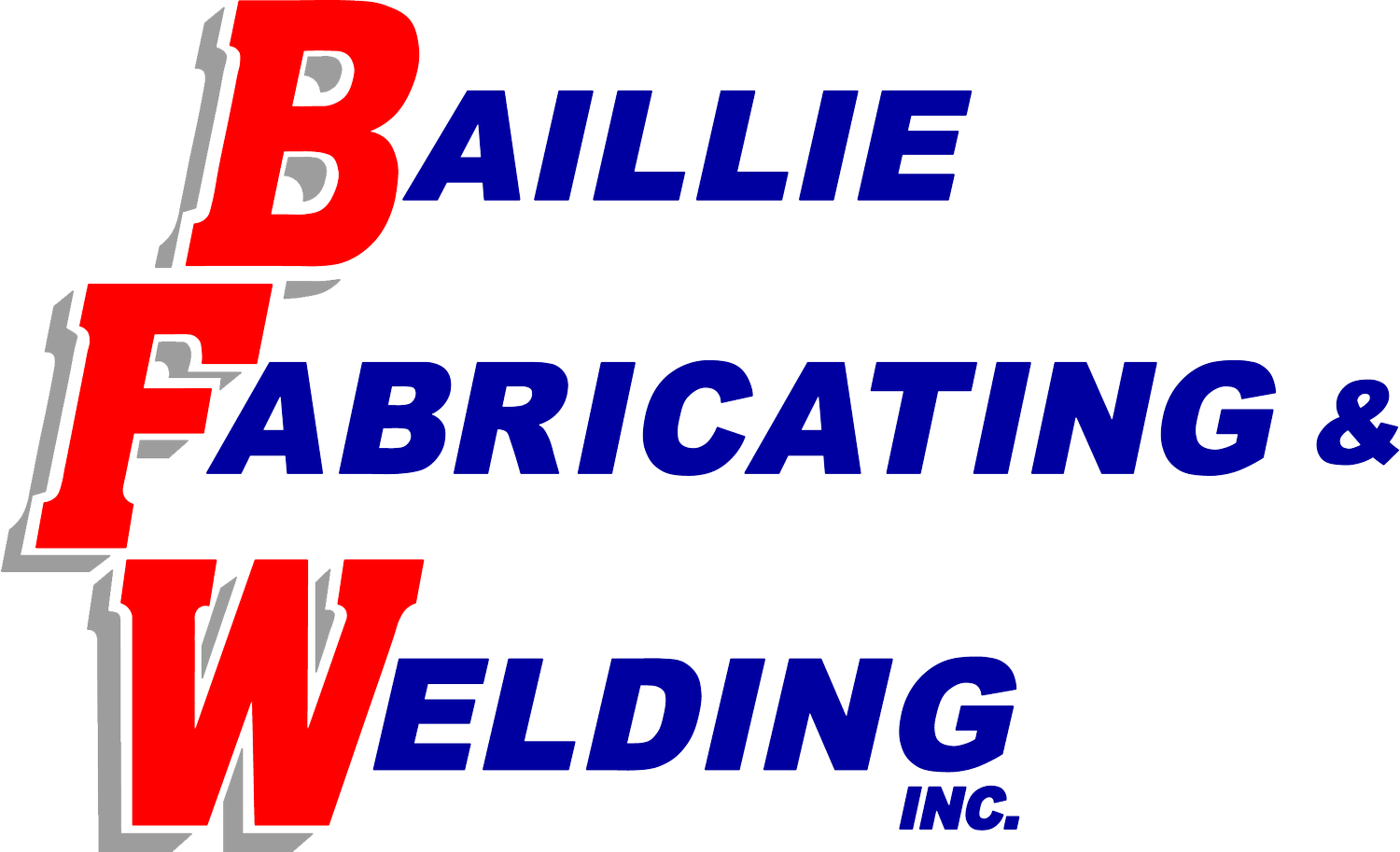Need a Quick Manufacturing Quote? Include These 7 Details in Your RFQ
Every job at Baillie Fabricating & Welding begins with an RFQ—the “request for quote” that kick-starts a project. When a customer’s RFQ doesn’t include complete information, however, our team can’t accurately calculate costs or determine lead times. And we certainly can’t initiate any cutting, forming, fabrication, or CNC machining services.
So what should your next RFQ include?
RFQ Tips: What You Should (and Shouldn’t) Tell Us
With the right details in your next RFQ, you’ll benefit from:
Fast, accurate quotes
Shorter lead times
Spot-on pricing
The quality you deserve
Here are seven details you should always provide when requesting a quote:
1. Drawings and models
We use a part’s 2D drawing and 3D model to efficiently plan the necessary tool pathing and programming. If you don’t send these files yourself, our team will need to recreate them in-house. While we’re happy to provide this service, it does extend quoting time and can even lead to inaccuracies if we don’t have a full understanding of your requirements.
Why do 2D drawings matter? Also called “prints” or “blueprints,” drawings denote key information about the part, including:
Accuracy requirements
Quantity
Material
Part number
Labeling instructions
Surface finish specifications
…and much more. Typically created with CAD (computer-aided design) software, the print serves as a reliable visual representation of your part.
Why do 3D CAD models matter? Sometimes called “solid models” or “solid part files,” 3D models help us achieve maximum efficiency throughout production planning and manufacturing.
With a model, we’re able to see details that aren’t always visible on a drawing, such as tapped holes or interior features. Full visibility into your part’s specifications enables us to build an accurate quote, avoid design inaccuracies, and quickly transition to our production floor for bending, forming, fabrication, or CNC machining services.
2. Assembly drawings
Assembly drawings reveal your part’s full story: its fit, function, visibility, and more. Especially if you’re ordering multiple components from Baillie Fab, we request that you supply us with complete assembly drawings. But those prints are helpful even when we’re making a single component! Assembly drawings help us develop the most accurate quote and apply the best-suited manufacturing practices with the final assembly in mind.
3. Material
You should always specify the exact material you require for your part. If you want mangalloy, for example, don’t simply call out “steel;” tell us you want manganese steel.
The material you choose can dramatically impact your quote, from the time required to make your parts to the costs involved. If you’re ever uncertain about your material selection, don’t hesitate to ask us for our recommendation. We’re here to help!
4. Manufacturing processes and part application
Do you prefer that we turn your part on a lathe? Are you interested in CNC milling? Make your preferences known, and we’ll reach out if we have any questions or concerns about the request.
Likewise, it’s helpful for us to know your part’s end use. Will the final assembly be used for pharmaceutical equipment? Electrical components? Farm equipment? When we understand the end application, we’re better equipped to catch errors and make recommendations.
Finishing services, for instance, aren’t typically necessary for farm equipment parts, but finishing is critical for many parts destined for pharmaceutical applications. If we know your part will serve pharmaceutical purposes, we’ll know to expect a request for finishing—and we’ll know to contact you if that callout seems to have been overlooked.
5. Dimensions and tolerances
It likely goes without saying that we need to know the key dimensions and tolerances for your part. But you should also avoid over-dimensioning and over-tolerancing your part—in other words, don’t ask for dimensions or tolerances that aren’t truly necessary.
Unnecessarily specific measurements can drive equally unnecessary production cost increases, and we prefer to help our customers keep their costs low.
6. Surface finish requirements
If your project requires additional finishing processes such as powder coating or painting, include those details in your RFQ. We’ll adjust your lead time accordingly so you aren’t surprised by any delays.
As with dimensions and tolerances, you should also avoid over-specifying your finishing needs. Unnecessary finishing callouts lead to higher prices and longer lead times. Instead, save money and time by detailing only the exact surface finish requirements you need and nothing more.
7. Part numbers and additional features
Do you need us to engrave your parts with a part number or serial number? Are there any other features we should be aware of? Please detail these requests in your drawing or model and clearly depict where these additional elements should appear.
Get a Fast, Accurate Quote from Baillie Fab
If the quoting process seems complicated, that’s because it is! At Baillie Fab, our quotes are prepared by skilled professionals who understand the intricacies of manufacturing, from sheet metal fabrication to welding to CNC machining services and beyond.
When you submit a carefully crafted RFQ, our entire team is equipped to complete your job faster, at the best price, and with optimum quality.
Experience the Baillie Fab difference for yourself by requesting a secure quote online!

